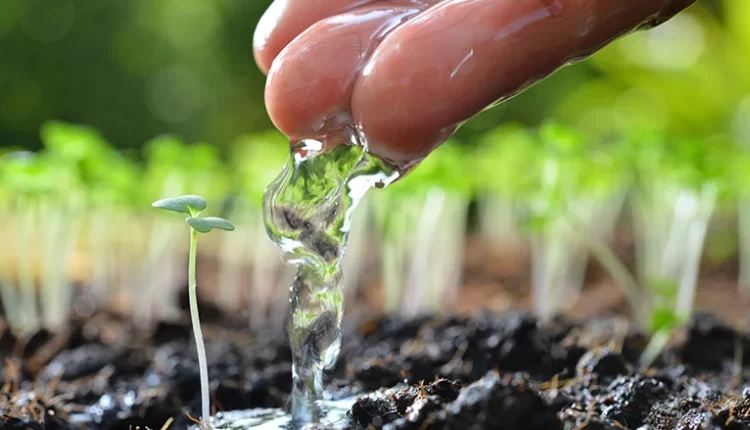Chile Moves Toward More Sustainable and Equitable Water Resources Management with World Bank Support
WASHINGTON – The World Bank (WB) Board of Executive Directors today approved a new project to support Chile’s Just Water Transition program and more sustainable and equitable water resources management.
The Ministry of Public Works will implement this US$250 million program with the Ministry of Environment to strengthen institutional water resources management capacity. This will help meet the population’s needs, protect the environment, shore up the economy, and assure sustainability for present and future generations in the face of climate change impacts.
Jessica López, Minister of Public Works for Chile, stressed that the integrated management of water resources is imperative, given Chile’s commitment to the human right to water and pursuit of the development of any productive activity. “As a country, we must therefore continue developing our country, carefully managing our water resources, in light of the triple crises of climate change, biodiversity loss, and pollution that assail our planet.”
Maisa Rojas, Minister of Environment for Chile, explained that to meet the challenge of achieving better water security, “we have established the Interministerial Committee for the Just Transition of Water Resources, which has promoted an agenda for the planning and management of water resources, incorporating an ecosystem-based approach and a vision of watersheds into a variety of instruments for ensuring water availability and quality, all of which we hope will help us achieve greater sustainability and equity.”
The World Bank project will especially benefit 100,000 inhabitants in rural communities, who will have access to safe drinking water through new or rehabilitated water systems and works, and 1,100,000 inhabitants will be less exposed to the risks of floods related to climate change. It will also benefit all citizens by increasing the country’s capacity for planning and managing water resources.
“We support Chile’s efforts to strengthen the management of its water resources through increased participation of the various stakeholders linked to a river basin, better information for effective decision-making, and the integration of nature-based solutions into water infrastructure. This will allow the country to build its capacity to address the impacts of climate change,” said Issam Abousleiman, World Bank Country Director for Bolivia, Chile, Ecuador, and Peru.
Innovative practices for water resources management
The program will have innovative elements for increasing the country’s water security, such as strengthening the participation of actors linked to a watershed, including the government, the private sector, civil society, and the communities, to promote the inclusive management of the resources. This will enable the country to strengthen planning instruments and establish the appropriate institutional and legal framework for effective water resources management.
In addition, the lack of safely managed drinking water and sanitation in rural areas will be addressed, and efficient, low-cost wastewater treatment technologies that can be adapted to different geographic conditions will be incorporated.
To reduce climate risks, the Ministry of Public Works and the Ministry of Environment will work together to incorporate nature-based solutions into water infrastructure, such as drainage systems, floodplain restoration, riverbank protection, dikes, and reforestation to better control floods, droughts, and other challenges.


Comments are closed.